1. Trivial Pursuit
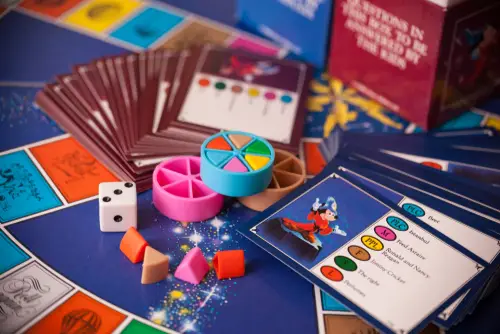
Trivial Pursuit divides people into two camps: those who know random facts and those who feel humiliated by them. When one player dominates with obscure knowledge, others quickly lose interest. The uneven playing field often makes the game drag, with one person basking while the rest stew. It can turn into a contest of ego rather than fun.
The categories themselves spark arguments, too. Some complain certain subjects are unfairly weighted, or that the questions are outdated. The frustration of being stuck on your last wedge is legendary. By the end, more players have stormed off than finished the game.
2. Risk

Risk seems like a great idea in theory—world domination from the comfort of your dining table. In practice, it means five hours of slowly losing continents while your sibling gleefully wipes you off the map. Temporary alliances turn into betrayals, and nobody forgets who stabbed them in the back in Australia. The longer the game drags on, the more personal the battles feel.
What makes Risk so combustible is how uneven it can be. A lucky roll of the dice can completely overturn someone’s carefully laid plans. People don’t just lose territory—they lose pride and patience. By the end, players are more likely to shout accusations than celebrate victories.
3. Uno
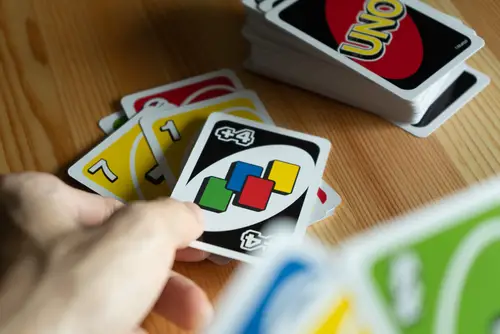
A deck of colorful cards might look innocent, but Uno is notorious for sparking drama. The dreaded “Draw Four” card has ruined countless evenings, especially when players argue about whether it was played fairly. People remember grudges, saving that +4 just for the sibling who laughed too hard at their misfortune earlier. It’s less about strategy and more about who’s willing to play cutthroat.
Another hot-button issue is the never-ending debate over Uno’s official rules. Can you stack Draw Twos? What about skipping in reverse order? These house rule disagreements are infamous, and Uno’s own social media has fanned the flames by clarifying rules people don’t like. Sometimes the rules argument lasts longer than the actual game.
4. Scrabble
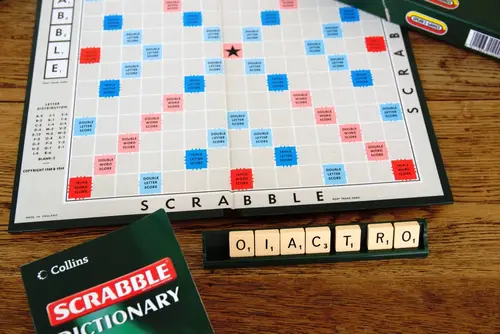
Scrabble’s fights don’t come from the tiles—it’s the dictionary wars. Disagreements over whether “qi” or “za” really count as words can derail the entire game. Some people whip out their phones to check, while others accuse them of cheating. Suddenly, a fun vocabulary test becomes an angry spelling bee.
Even scoring can create chaos. A triple word score in the right spot can feel like an unfair ambush, leaving one player miles ahead. Competitiveness rises fast when someone has memorized obscure word lists. Scrabble often reveals who takes “family fun” just a little too seriously.
5. Sorry!

Ironically, Sorry! rarely makes anyone feel sorry at all. The whole point is to bump other players back to start, and that gets under people’s skin quickly. Younger kids especially can’t stand being sent home right when they’re close to winning. Tears, tantrums, and slammed cards are part of the package.
The simplicity of Sorry! only heightens the sting. There’s almost no skill involved, just pure luck and timing. That means when you’re targeted, it feels personal, even though it isn’t. The word “sorry” quickly turns into sarcastic laughter and gloating.
6. Clue
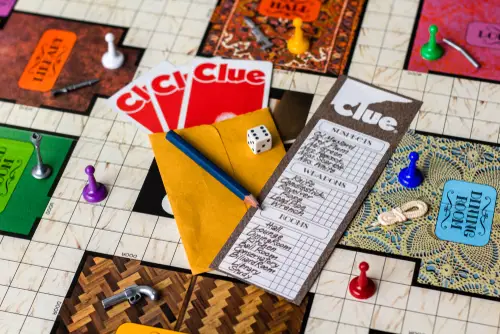
Clue feels like a cozy mystery until suspicions turn into accusations. Everyone swears they’re playing honestly, but notes hidden under the table can spark mistrust. If someone makes a wild guess and wins, others often cry foul. Nothing ruins a whodunit faster than being accused of cheating.
The frustration also comes from the long setup and memorization. One wrong move can ruin your entire detective strategy, leaving you bitter for the rest of the night. People also tend to gang up on the “best” player, making the game feel unfair. Instead of solving a crime, you end up defending your integrity.
7. Jenga
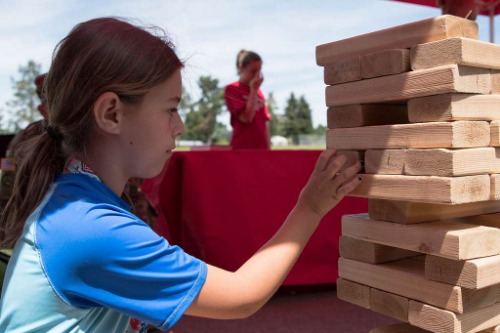
Jenga’s fights are less about words and more about nerves. When the tower falls, the loser feels singled out, even though it’s inevitable. The constant pressure builds tension until someone finally snaps—literally and emotionally. Family members love to taunt whoever’s wobbling the stack, which only makes things worse.
Disputes often arise over tiny details like whether a piece was touched too long or whether someone bumped the table. The game magnifies even the smallest mistakes into disasters. Once the tower crashes, blame spreads fast, and laughter isn’t always friendly. Jenga’s chaos tends to leave more groans than cheers.
8. The Game of Life
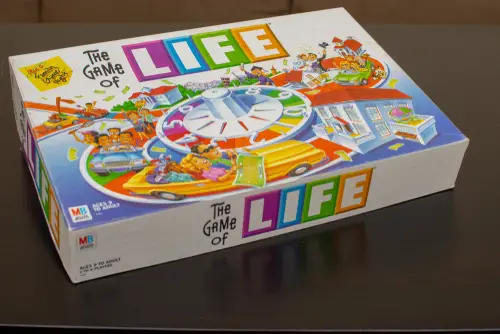
The Game of Life seems wholesome with its pastel cars and peg families. But when luck hands you debt and dead-end jobs, resentment builds quickly. Watching another player rake in salaries while you get stuck with medical bills feels downright cruel. It’s a game that can make real-life anxieties boil over.
Part of the tension comes from how little control you have. Every spin feels like fate rather than strategy, which makes losses sting more. Players argue about fairness, as though the wheel somehow targets them personally. By the end, some can’t help but feel the game reflects their actual bad luck.
9. Connect Four
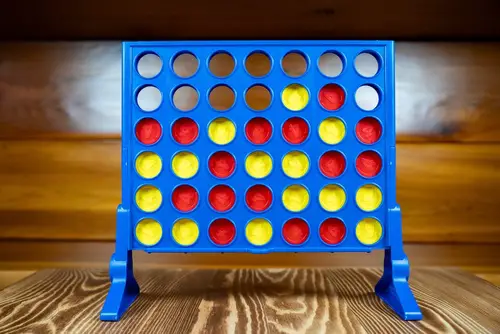
Connect Four may be simple, but that doesn’t stop it from being heated. Losing to a sibling who smugly yells “four in a row!” again and again can grind anyone’s patience. Since the game is so fast, rematches pile up and tempers rise with each loss. Nobody likes being outsmarted in just a few moves.
The biggest fights usually start when someone overlooks a move and loses instantly. That “how did I not see that?” moment often triggers frustration. Younger players in particular have a hard time losing gracefully. A tipped-over board is Connect Four’s unofficial endgame.
10. Twister

Twister starts with laughs but usually ends with arguments—or injuries. As people contort themselves into impossible positions, tempers flare over whether someone cheated by lifting a hand. Physical discomfort doesn’t exactly make people generous, either. It’s hard to stay cheerful when your face is squashed into the mat.
Twister also tends to embarrass players, especially in mixed company. Falling over often leads to teasing, which can sting more than expected. Disputes over who actually fell first are common. The game might be marketed as silly fun, but it often turns into a competition nobody enjoys.
11. Monopoly

Few games have caused more slammed fists and flipped boards than Monopoly. The moment someone corners the market on railroads or hotels, friendships can sour fast. The game’s endless playtime only fuels resentment, especially when one person slowly bleeds everyone else dry. What starts as harmless wheeling and dealing often ends in muttered insults and storming away from the table.
Another point of conflict is how seriously people take the rules. Some insist on playing strictly by the book, while others swear by house rules like extra money on Free Parking. These disagreements over “the right way” to play can ignite just as much tension as bankruptcies. More than one family game night has ended with Monopoly shoved back in the closet mid-game.
12. Checkers
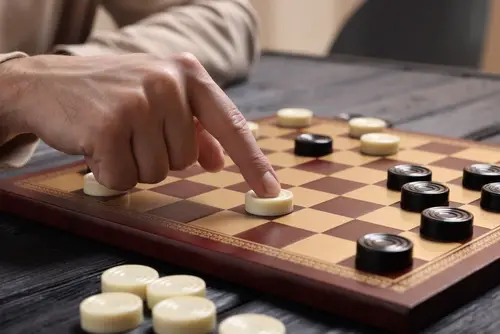
Checkers might seem too simple to cause drama, but that’s exactly the problem. Losing at such an “easy” game feels insulting. The smugness of someone repeatedly crowning kings only fuels irritation. The repetitive back-and-forth can feel less like fun and more like torture.
The arguments often come from disputes over forced jumps. Some players enforce the rule strictly, while others bend it. Younger kids especially don’t take well to being told they “have to” move a certain way. A checkerboard flip is a common finale.
13. Candy Land
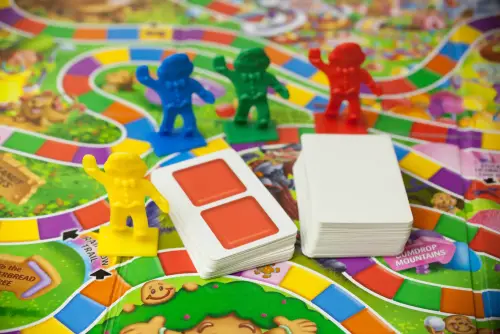
Candy Land is designed for kids, but that doesn’t mean it’s fight-free. The randomness of the cards means no real strategy, which frustrates older siblings. Being sent backward late in the game feels unfair no matter how young you are. Tears flow freely when the Gumdrop Pass ruins someone’s big lead.
Parents often dread Candy Land more than their kids. Endless repetition makes tempers flare, especially when the same player gets lucky every time. Arguments break out over shuffled decks and “who cheated” even when nobody did. Candy Land proves even sweetness can turn sour.
14. Battleship
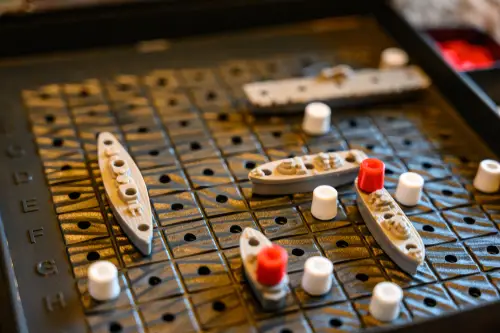
Battleship looks straightforward, but it’s a magnet for disputes. Players often accuse each other of mis-marking pegs or lying about hits and misses. One misplaced coordinate can spark a full-blown fight. “You’re cheating!” is practically the game’s catchphrase.
The tension comes from the hidden boards, which fuel paranoia. Trust quickly erodes as players get suspicious about every move. Once someone calls foul, the game spirals into finger-pointing instead of strategy. For many families, Battleship sunk more good moods than ships.
This post 14 American Board Games That Caused More Fights Than Fun was first published on American Charm.


